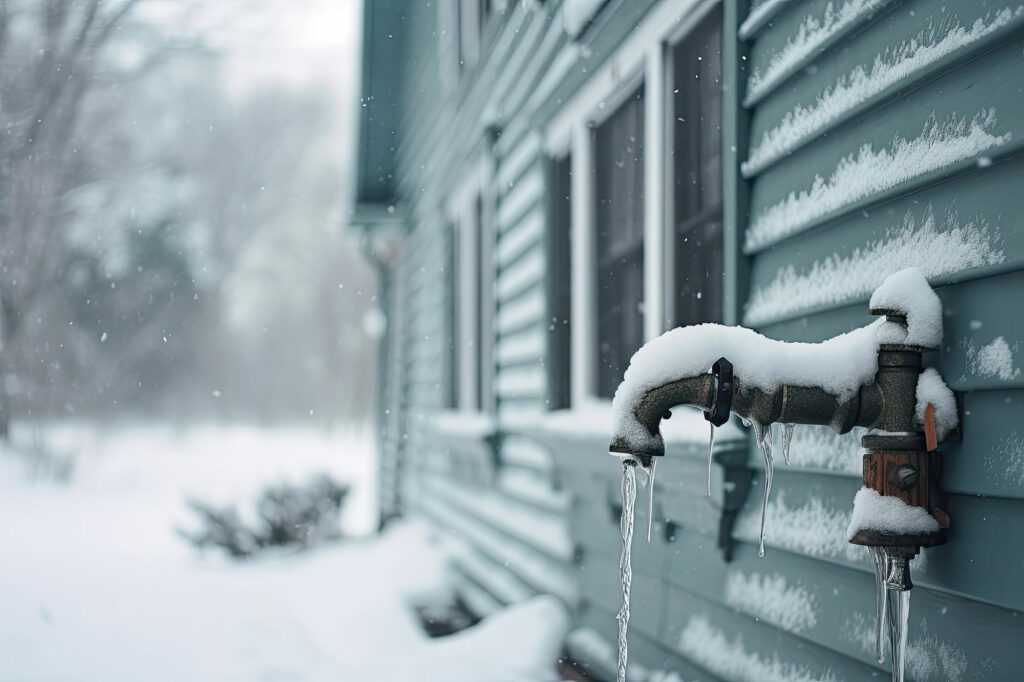As the winter months approach, taking proactive measures to protect your vacant home on the market is crucial. Winterizing is especially important to safeguard against potential damage caused by freezing temperatures, snow, and ice. Follow these essential tips to ensure your property remains in optimal condition during the colder months.
1. Turn off the Water Supply:
One of the first steps in winterizing a vacant home is to shut off the main water supply. Locate the main shut-off valve and turn it off to prevent water from entering the plumbing system. This simple step can prevent frozen pipes and potential water damage.
2. Drain the Waterlines:
After turning off the water supply, it’s crucial to drain the water from the plumbing system. Start by opening all faucets and flushing toilets to eliminate any remaining water. Additionally, consider using compressed air to blow out any residual water from the pipes, reducing the risk of freezing.
3. Insulate Pipes:
Pipes in unheated home areas, such as the basement or crawl spaces, are particularly vulnerable to freezing. Insulate these pipes using foam pipe insulation to provide an extra layer of protection. Pay close attention to areas where pipes are exposed, and wrap them securely.
4. Heating System Maintenance:
If your vacant home has a heating system, ensure it is in good working order. Schedule a professional inspection to identify any issues and make necessary repairs. Set the thermostat to a low but consistent temperature to prevent the interior from becoming too cold, reducing the risk of frozen pipes and other weather-related damage.
5. Keep All Inner Doors Open for Ventilation:
Allowing air to circulate throughout the home is essential for preventing moisture buildup, which can lead to issues like mold and mildew. Keep all inner doors open to promote ventilation and maintain a more consistent temperature throughout the property.
6. Check for Drafts:
Inspect windows and doors for drafts that could compromise the home’s insulation. Seal gaps or cracks with weatherstripping or caulking to prevent cold air from entering and warm air from escaping. This helps with energy efficiency and ensures a more comfortable interior.
Taking these proactive measures can significantly reduce the risk of winter-related damage to your vacant home. Winterizing protects your property and ensures that it remains in top condition for potential buyers. Remember to consult with a professional if you’re unsure about any aspect of winterizing your home.
